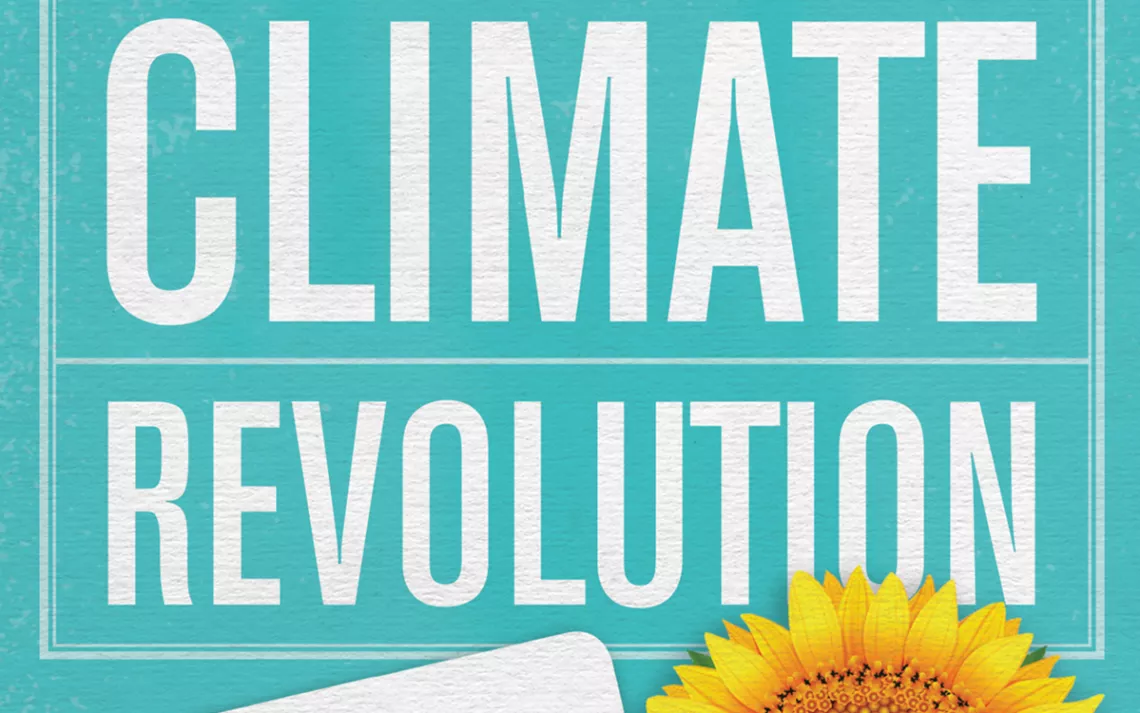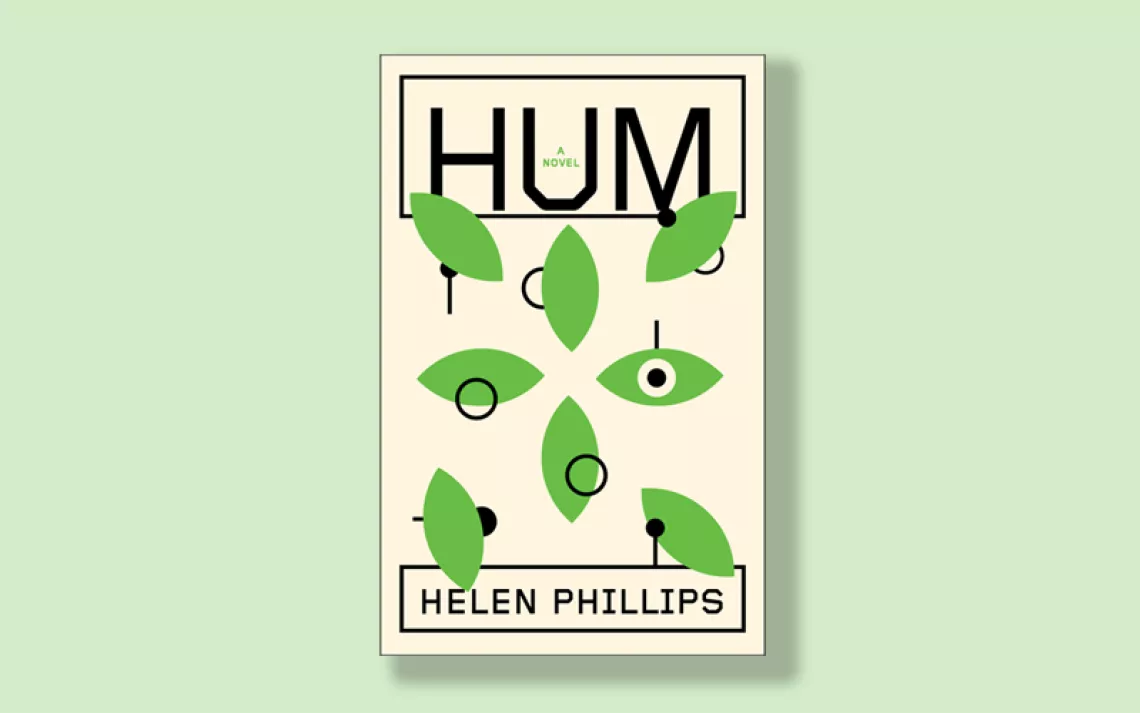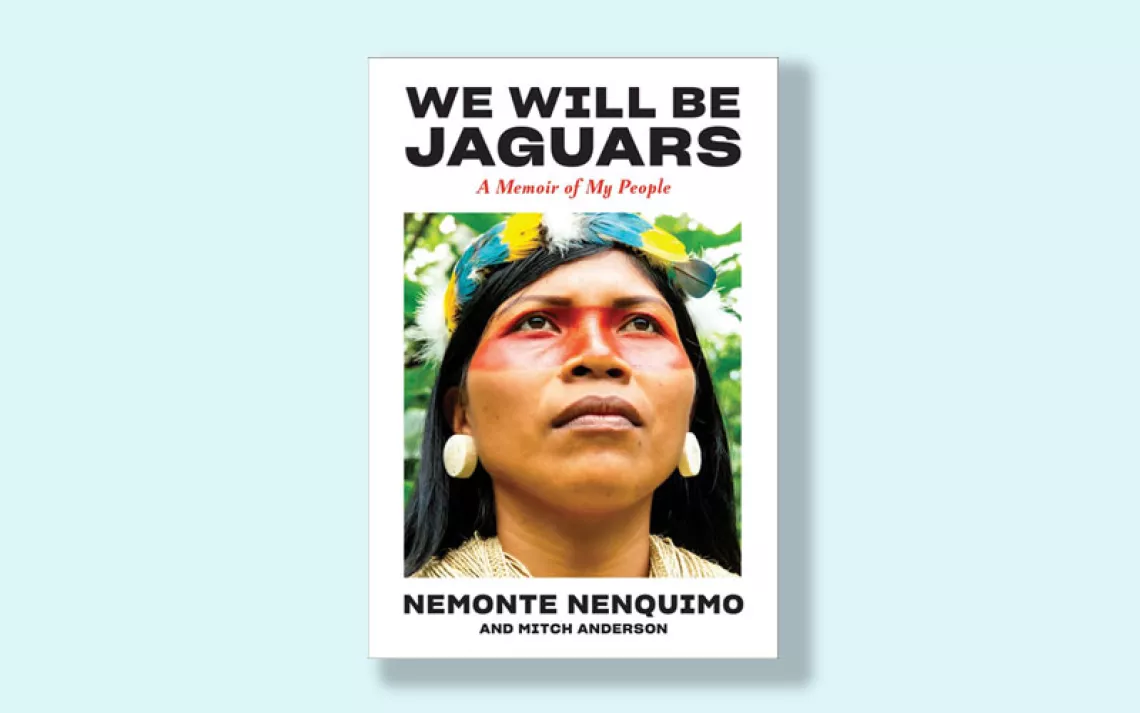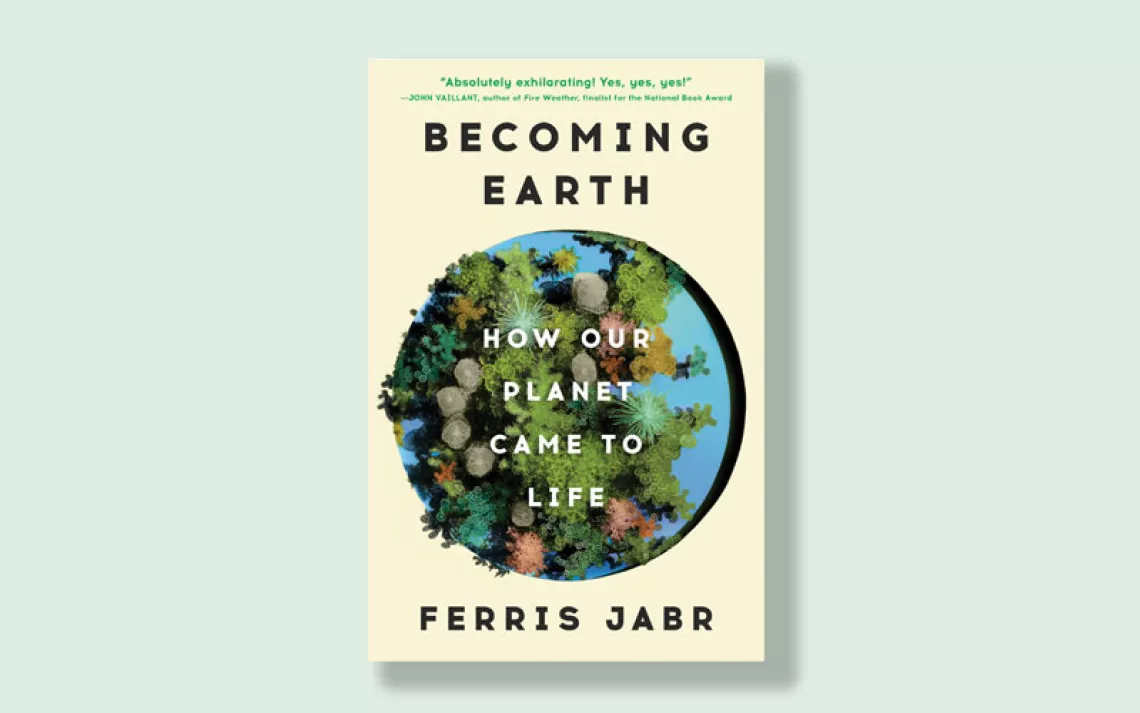The Go-to How-to for Parenting in the Age of Climate Change
Mary DeMocker’s new book is an essential resource for parents

Photos courtesy of New World Library

Like most parents I know, I am sometimes seized by anxiety about climate change, usually in the middle of the night when I can’t sleep. I lie in the dark wondering whether my children will grow up to face life on an uninhabitable planet. At the same time, I often feel too mired in the day-to-day challenges of parenting to do too much about it, beyond committing to green habits like recycling, composting, and driving a fuel-efficient car. The hard truth, though, is that these activities, while valiant, aren’t going to save us from climate change.
Years ago, Mary DeMocker found herself in a similar position. “When my children were young,” she writes in her book The Parents’ Guide to Climate Revolution (out this year from New World Library), “my husband . . . and I rocked green family living—voting, recycling, insulating, fixing leaks, biking, and ‘living simply.’”
But as the years ticked by, the news about climate change grew more and more dire, and DeMocker found herself feeling increasingly anxious about the world her children would be inheriting. Her solution? “I stopped worrying so much about shrinking my family’s carbon footprint and started focusing on shrinking industry’s,” she writes. DeMocker cofounded Eugene, Oregon’s 350.org chapter, organized protests, and created political artwork.
In the process, she discovered that she felt better, because she was more engaged and less alone. “Like the magical world behind platform 9 ¾ in the Harry Potter series,” she writes, “the climate revolution is thriving. . . . You have to look for it, but once you do, you’ll cross a threshold and see it everywhere.”
The Parents’ Guide to Climate Revolution is a warm, heartfelt invitation to join this burgeoning movement. The good news, according to DeMocker, is that it’s totally doable, without adding much to our already long to-do lists. “I don't see this as being about us doing more; it's about us doing things differently,” DeMocker told me by phone. “We have to be strategic and look at what needs to be done right now. We have to change policy to leave fossil fuels in the ground.”
That means that if we only have three minutes a day for some kind of climate activism, it’s better to skip washing out the peanut butter jar and instead of recycling it, toss it in the trash—and then use the time to call our congressperson.
“During this holy-shit moment on Earth, it’s far more critical to enact bold climate-justice policies,” DeMocker writes, “than to shrink your family’s wee footprint. . . . It’s better to get yourself—by Hummer, if necessary—to city council meetings and town halls to demand policies that break dirty energy’s stranglehold on everything.”
Advice that disses recycling seems practically heretical, and somehow incredibly refreshing. No, we busy parents don’t have to do it all, just the thing that matters most, which is pushing for systemic change in ways large or small.
Parents, DeMocker writes, are particularly well positioned to do this type of work. For one thing, we tend to have huge networks through our kids’ schools, after-school activities, and faith communities as well as in our extended families. “We have so many adults around our children who really care about them,” DeMocker told me. “Parents have far more power than we realize.”
One of the biggest things we can do, DeMocker points out, is just to talk about climate change—not only the problems, but also the solutions. We're already on the sidelines chatting with parents or standing outside school waiting to pick up our kids, so why not bring up how cool it is that wind power is cheaper than fossil fuel? "Part of what drives despair is that sense that we don't know that there are other options. It doesn't take any extra time or money to pivot those conversations away from complaining about how bad things are to the solutions that are already happening and that are high-tech, affordable, fun, and life-affirming.”
A Parents’ Guide is full of wide-ranging and sometimes unexpected advice that you probably won’t find in most green parenting books. For example, DeMocker talks about the importance of avoiding debt and teaching our children to do the same. That way, they can be free to live the lives they want to and will have time to agitate for change when they need to. If that means making do with less, well, that’s better for the planet anyway.
She even takes on American parents' obsession with competitive sports: “We can't be giving over our weekends starting when our kids are four to year-round soccer clubs,” she told me. “They’re expensive, they're time-consuming, and they take away from spiritual life, from birthday parties, from downtime in nature, from parents being relaxed.”
Yes, you read that right. DeMocker wants to inspire us to be climate activists, but she wants us to be relaxed ones. Why? Because we can’t be effective agents of change if we are too busy and maxed out to think clearly. It turns out that when it comes to combating climate chaos, self-care is an important tool in the arsenal.
You may think that with all this advice-giving, DeMocker might come across as preachy. She doesn't. Her suggestions are deeply grounded in her own experience, and she is funny and honest about the challenges both of being a parent and a climate activist. She neither guilt trips us for not doing enough, nor hits the panic button. But she is forthright about what is at stake and adamant in her calls for change.
DeMocker also has advice for those of us wondering how to talk about climate change with our children. It is not an easy topic to tackle—how do we raise kids capable of taking on the immense challenges that lay ahead without exposing them prematurely to existential angst about their future? It’s a tightrope, but DeMocker points us to plenty of resources to help us walk it.
In fact, the book is essentially one big resource guide, full of ideas—100 of them to be exact. Its subtitle is “100 ways to build a fossil-free future, raise empowered kids, and still get a good night’s sleep.” Many of the suggestions only take a minute or two and cost very little to nothing. At the end of each chapter, DeMocker presents extensive lists for how to learn and do more. Want to go on sustainable family vacations? See the list at the end of tip #17.
Above all, The Parents’ Guide to Climate Revolution is a call for climate justice. DeMocker reminds us that as parents it’s our job to look out not only for our own kids but for everyone’s. “Sustainable parenting means taking the well-being of all children into account—not just our own—when deciding how to live in the world and what to model around the ethical use of the world’s resources,” DeMocker writes. In other words, solving the climate crisis will ultimately require us to align our priorities as parents with what’s really important in the long run—the well-being of the planet on which our children live.
 The Magazine of The Sierra Club
The Magazine of The Sierra Club



